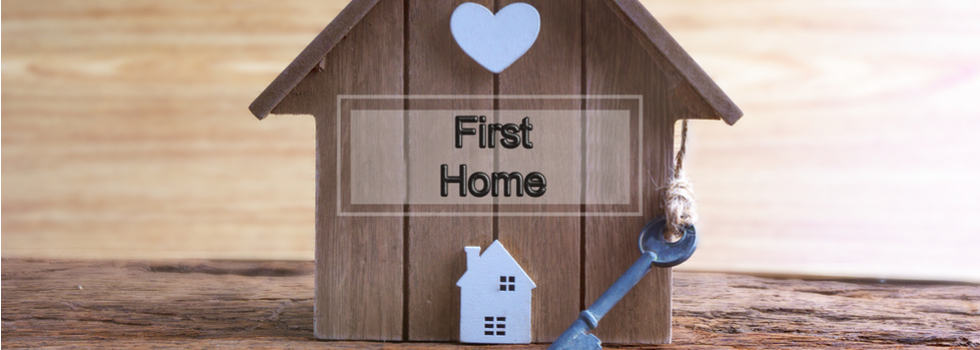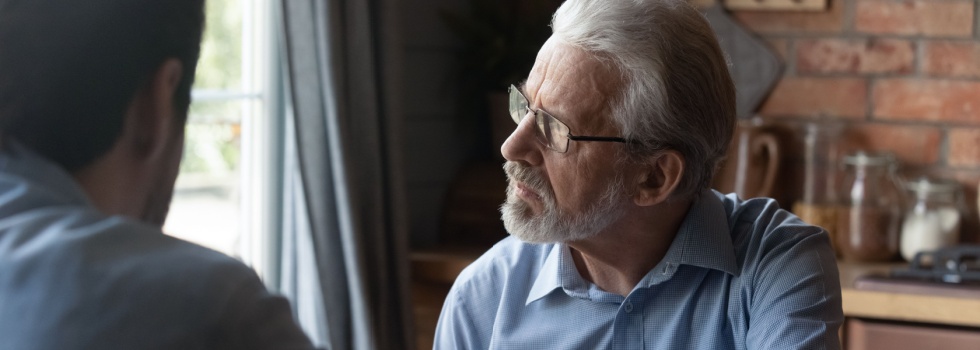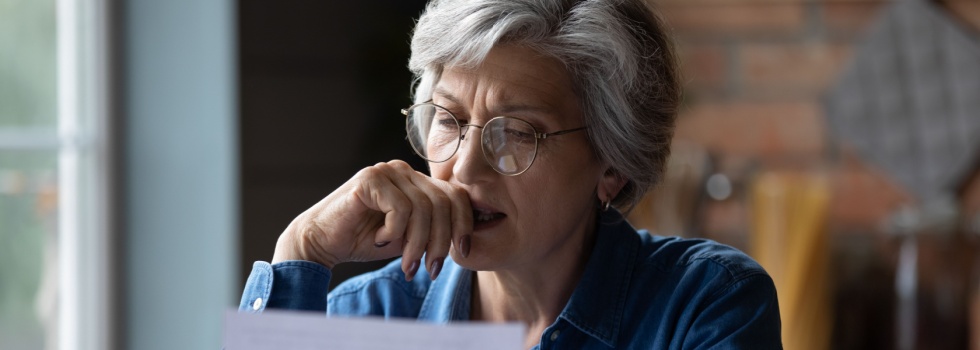
What would you do to get onto the property ladder?
Research from HSBC shows that 18-to-40-year-olds are willing to consider extreme measures to own their first home, including buying a house with:
- Someone who is not their partner (80%)
- A stranger (59%)
- Their ex (5%)
- Someone they met in the pub (4%)
Whilst it might seem extreme to consider taking on such a big commitment with someone you either don’t know, or do not want to spend your life with, the reasons behind the thought process are quite compelling:
- 33% cannot generate a deposit alone
- 27% cannot cover the cost of a mortgage in their desired area
- 25% want to split their bills
What makes a good housemate?
But what about sharing with people they already know? One third would not entertain the idea of buying a home with their friend or siblings, according to the report.
It is possible that those people are ruled out on their habits and personalities, as most 18-40-year-olds would prefer to live with someone who tick certain boxes. The top ten most desired qualities are:
- Paying the bills on time (80%)
- Keeping the house clean and tidy (70%)
- Keeping the bathroom clean (56%)
- Having good personal hygiene (51%)
- Being open to compromise (48%)
- Staying calm under pressure (42%)
- Being good at DIY (39%)
- Having savings in the bank (38%)
- Having a soft spot for pets (37%)
- Having a ‘fun loving’ personality (36%)
Other financial considerations came in much lower; just over a third (31%) think it is important that their home-buying partners has a good credit score, while 18% want their housemate to have an annual salary above £50,000. At the same time, having a monthly savings goal is important to less than one fifth (19%) and owning a car is desirable for just 15% of people looking for someone to buy a home with.
So, whilst buying a house with a stranger is definitely an option, it is comforting to know that most people will not be signing a contract with just anyone.
Can you avoid buying with a stranger?
There are plenty of opportunities available, to make getting onto the property ladder as accessible as possible. These include:
1. Help to Buy and Lifetime ISAs
Help to Buy ISAs are available for those aged 16 and over. During the first month, you can deposit up to £1,200, followed by a maximum of £200 each month thereafter. Help to Buy ISA savings attract a 25% government bonus, if the money is to be used as a deposit for your first property worth up to £250,000 (£450,000 in London).
Lifetime ISAs are available for those aged 18 – 39. You can deposit a maximum of £4,000 each year into the account, which will attract a government bonus of 25% if the money is used as a deposit for a first property, or if it is used as retirement income after your 60th birthday.
Capital saved in a Help to Buy ISA can be transferred into your Lifetime ISA without cutting into your £4,000 allowance in the first 12 months. This means that, if you are a savvy teen who wants to get a head start on saving toward your first home (or an equally savvy parent who would like to save your kids from buying a house with a stranger) you can begin the saving process early in life.
2. Help from family
For some, help is available from parents and grandparents, who can gift or lend you a deposit. If you follow this route, it may be worth putting an agreement in place which states that you will spend the money sensibly (preferably on your first home) and detailing whether the money is a gift or loan.
3. Improving your credit score
People with better credit are offered better interest rates. It sounds obvious, but it translates into lower monthly payments and a higher chance of being offered a mortgage in the first place. To boost your credit rating, make sure you are:
- Paying bills in full and on time
- Using credit wisely
- Reducing your debts
- On the electoral register
- Checking your credit report regularly and keeping your details up to date
4. Shared ownership
Co-owning your home with a stranger doesn’t necessarily mean that you must live with them. In Shared Ownership properties, you can own between 25% and 75% of your home, whilst paying rent on the rest. These arrangements are usually set up with Housing Associations and offer the ability to eventually own the whole property.
If you would like to talk about the options facing you as a first-time buyer, feel free to get in touch.




